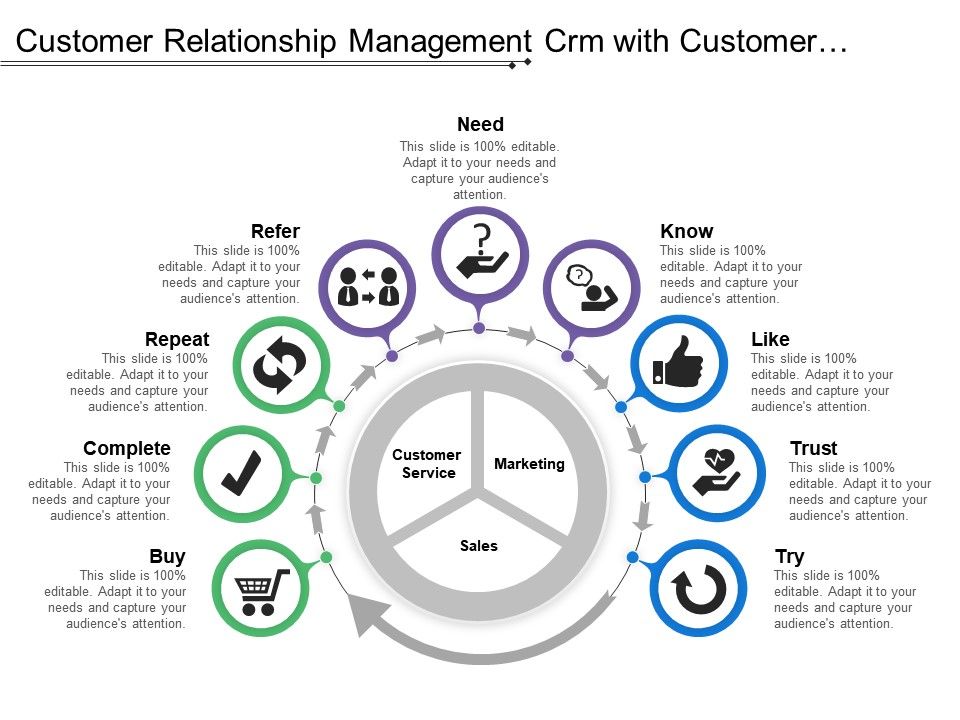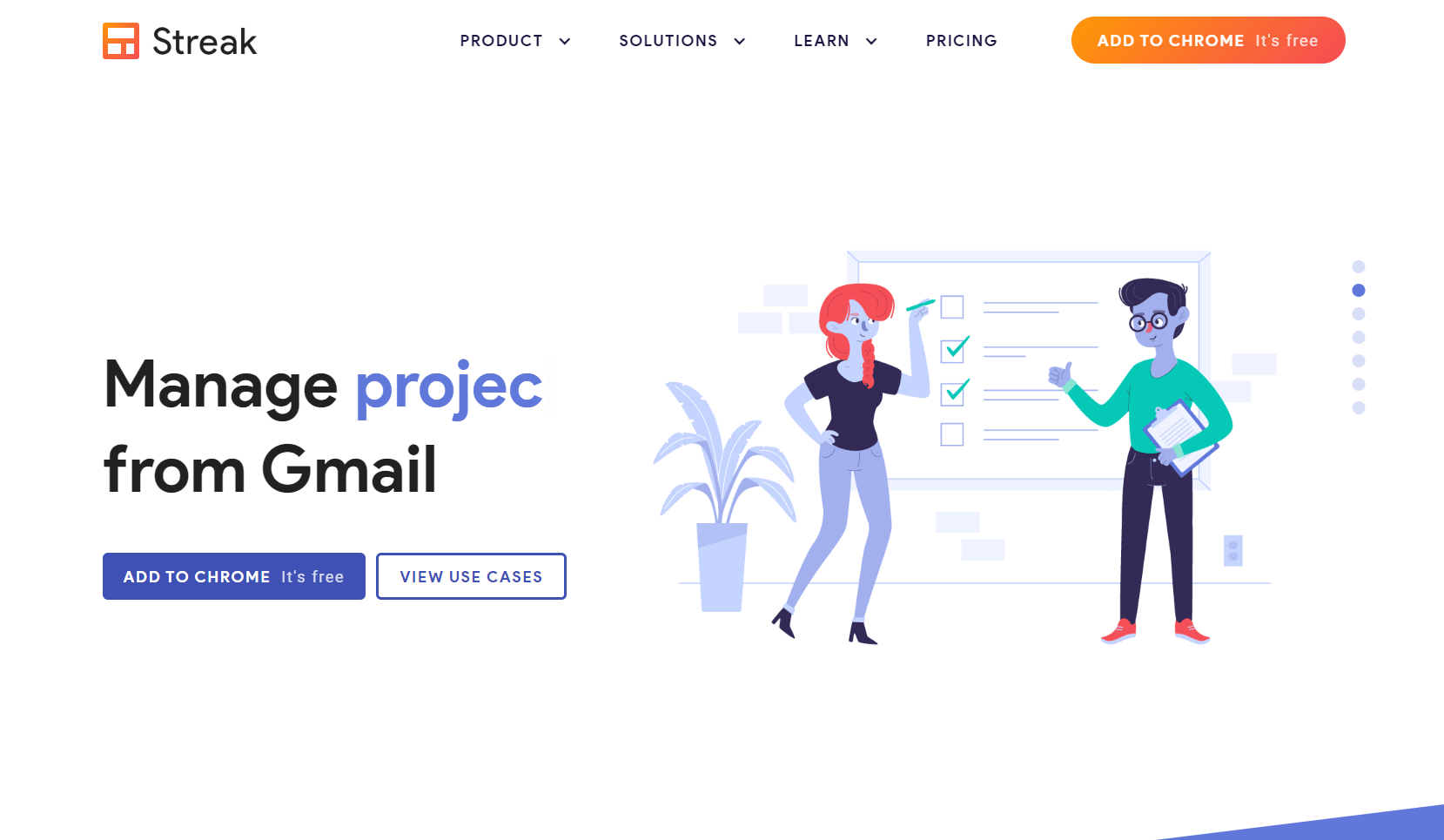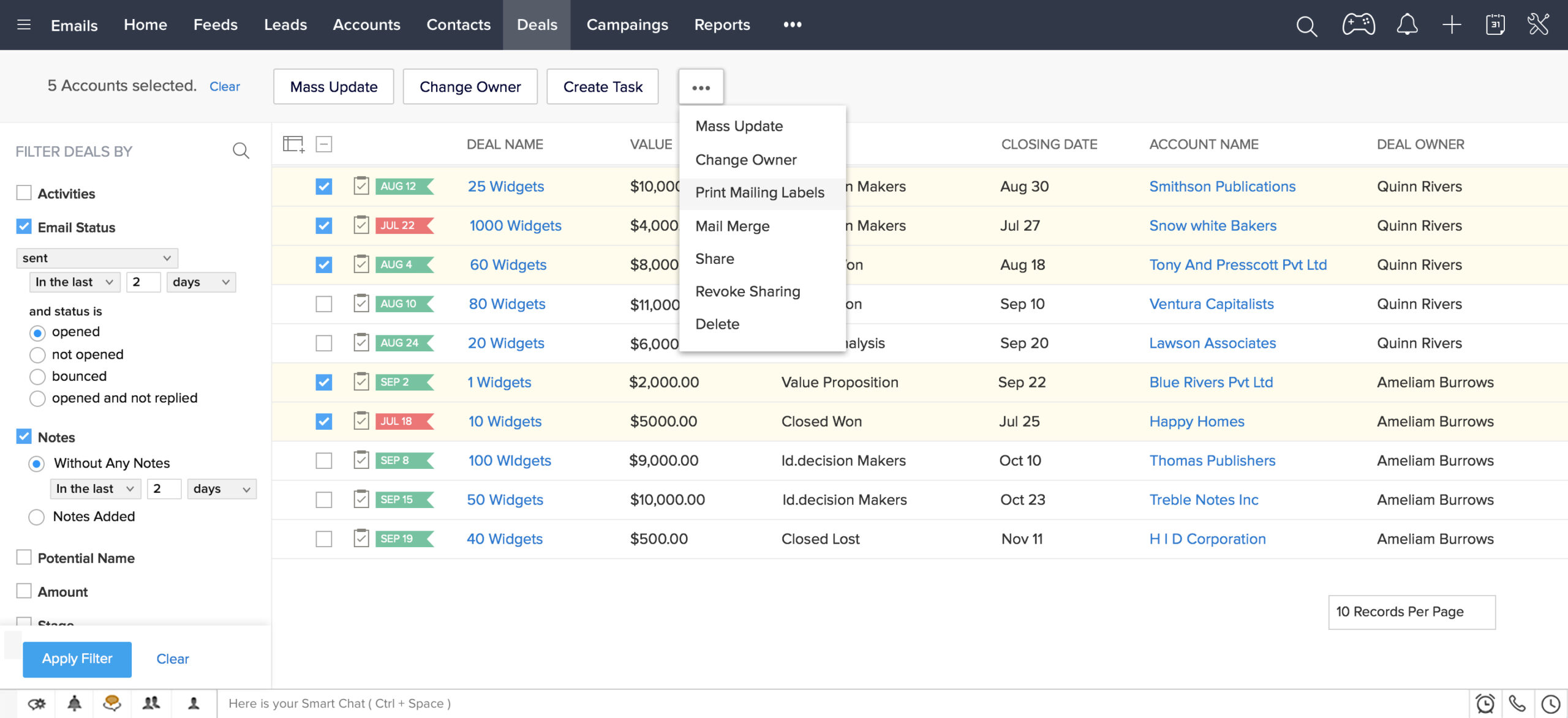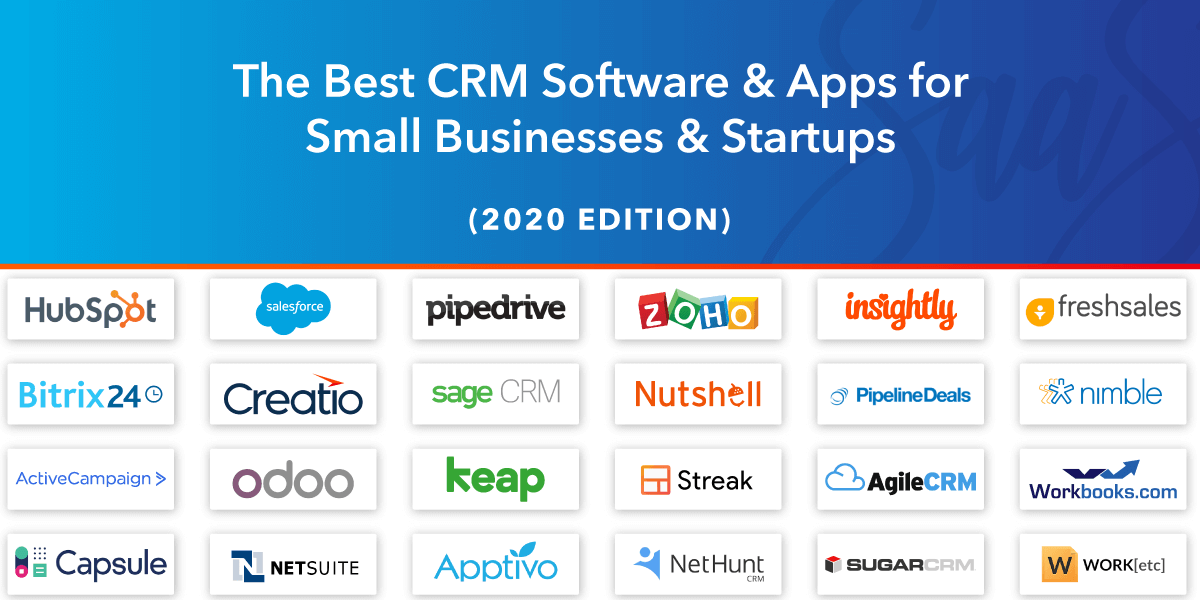Affordable CRM Software for Startups and Entrepreneurs: Top Solutions for 2025
Introduction
Launching a startup or running a small business is both exciting and challenging. Entrepreneurs often juggle sales, marketing, customer support, and growth strategies—all with limited time and resources. That’s why having the right CRM (Customer Relationship Management) software can be a game-changer.
But with limited budgets, many startups hesitate to invest in CRM tools. The good news is that today’s market offers plenty of affordable CRM software for startups and entrepreneurs—tools that are not only budget-friendly but also powerful and scalable.
In this comprehensive guide, we’ll explore what to look for in a startup-friendly CRM, key benefits, and a curated list of the most affordable CRM tools in 2025.
Why Startups and Entrepreneurs Need CRM Software
CRM isn’t just for large corporations. In fact, startups can benefit the most from centralized customer management, process automation, and streamlined sales tracking. Here’s why:
1. Improved Customer Relationships
A CRM keeps all customer data—emails, interactions, notes, deals—in one place, helping you build stronger, more personalized relationships.
2. Time and Resource Efficiency
Automation features such as follow-up reminders, email campaigns, and sales workflows allow small teams to achieve more in less time.
3. Data-Driven Decisions
CRM analytics give startups valuable insights into sales performance, customer behavior, and team productivity—helping you adjust your strategy quickly.
4. Better Team Collaboration
Whether you’re working solo or with a team, CRMs keep everyone on the same page with shared contacts, tasks, and timelines.
Key Features to Look For in Affordable CRM Software
When selecting a CRM as a startup or entrepreneur, you don’t need enterprise-level complexity. Instead, focus on these essential features:
-
Contact and Lead Management
-
Pipeline and Deal Tracking
-
Email Integration (Gmail, Outlook, etc.)
-
Task and Calendar Management
-
Mobile Accessibility
-
Workflow Automation
-
Reporting and Dashboards
-
Third-party Integrations (e.g., Slack, Mailchimp, Zapier)
Bonus if the CRM includes AI features, chatbots, or e-commerce integration for future scalability.
Top 7 Affordable CRM Software for Startups and Entrepreneurs (2025)
1. HubSpot CRM
-
Pricing: Free forever for core features; paid plans from $20/month
-
Why it’s great: Perfect for startups needing basic CRM functionality without cost
-
Key Features:
-
Unlimited users and contacts (free tier)
-
Email tracking, pipelines, forms
-
Built-in marketing tools
-
-
Pros: Intuitive, scalable, free forever
-
Cons: Advanced features require a paid upgrade
2. Zoho CRM
-
Pricing: Starts at $14/user/month
-
Why it’s great: Feature-rich and affordable
-
Key Features:
-
Lead scoring and workflow automation
-
Customizable dashboards
-
Social media and telephony integrations
-
-
Pros: Great value for price
-
Cons: Slight learning curve for beginners
3. Freshsales (by Freshworks)
-
Pricing: Free tier available; paid plans from $15/user/month
-
Why it’s great: Ideal for sales-oriented startups
-
Key Features:
-
AI-based lead scoring
-
Email and activity tracking
-
Custom pipelines and reports
-
-
Pros: Modern UI, smart automation
-
Cons: Limited integrations in basic plan
4. Pipedrive
-
Pricing: From $14.90/user/month
-
Why it’s great: Designed specifically for sales tracking
-
Key Features:
-
Visual sales pipeline
-
Deal and activity tracking
-
Email sync and templates
-
-
Pros: Easy to use, focused on closing deals
-
Cons: Less suited for customer support tasks
5. Monday Sales CRM
-
Pricing: From $10/user/month (billed annually)
-
Why it’s great: Combines CRM with project management
-
Key Features:
-
Customizable workflows
-
Visual boards and dashboards
-
Automation and integrations
-
-
Pros: Highly visual, flexible
-
Cons: Advanced reporting limited to higher plans
6. Streak CRM (for Gmail)
-
Pricing: Free for personal use; Pro plan from $15/user/month
-
Why it’s great: Perfect for solopreneurs using Gmail
-
Key Features:
-
CRM inside Gmail interface
-
Email tracking and templates
-
Custom pipelines
-
-
Pros: Zero setup, works directly in Gmail
-
Cons: Not ideal for larger teams or complex workflows
7. Agile CRM
-
Pricing: Free for up to 10 users; paid plans from $8.99/user/month
-
Why it’s great: All-in-one platform for sales, marketing, and support
-
Key Features:
-
Contact management
-
Email campaigns
-
Helpdesk and ticketing system
-
-
Pros: Affordable, multi-functional
-
Cons: UI feels outdated; limited support in free plan
Free vs. Paid CRM: What Should Startups Choose?
Free CRMs are great starting points, especially if your startup is in early stages. However, as you grow, you might hit limitations such as:
-
User caps
-
Storage or contact limits
-
Lack of automation or reporting
-
Limited customer support
When to upgrade to paid plans:
-
You need team collaboration features
-
You want advanced analytics or automation
-
You require integrations with other tools (e.g., Stripe, Shopify, QuickBooks)
-
You outgrow free-tier limitations
Tips for Choosing the Right Affordable CRM
-
Start with a Free Trial
Most platforms offer 14–30 day trials. Use them to explore the interface, test features, and evaluate customer support. -
Choose Based on Your Workflow
Don’t pay for features you won’t use. A lean CRM that matches your workflow is better than a bloated tool with unused complexity. -
Consider Future Growth
Will the CRM scale with your business? Look for flexible plans and integration options. -
Check for Mobile Apps
As a busy entrepreneur, having mobile access to your CRM can be a lifesaver when working on the go. -
Look at User Reviews
Real user feedback on platforms like G2, Capterra, or Trustpilot can offer insights into support, performance, and user experience.
Final Thoughts
Running a startup doesn’t mean you have to compromise on tools. In 2025, there are many affordable CRM software options tailored for startups and entrepreneurs—combining intuitive design, powerful features, and scalable pricing.
Whether you’re nurturing your first leads or managing an expanding customer base, the right CRM can fuel your growth while keeping costs under control. Take time to evaluate your business needs, try a few platforms, and choose the one that aligns with your goals.
Ready to choose your CRM?
Start with HubSpot or Zoho if you need a strong free plan, or go for Monday.com or Freshsales if you need visual pipelines and automation from day one.
Need help integrating CRM with your website, sales funnel, or email marketing system? Let me know and I’ll guide you step by step.





